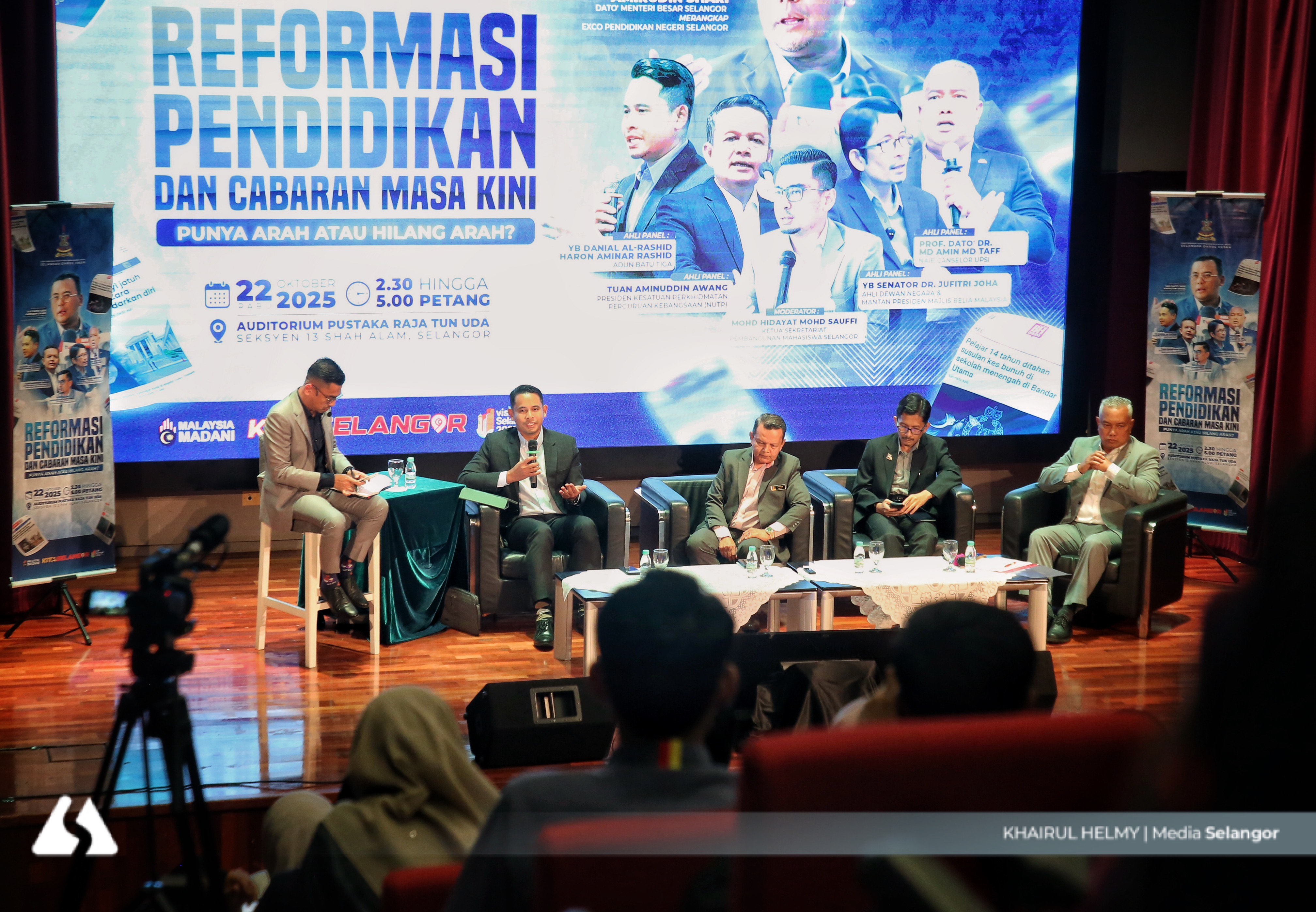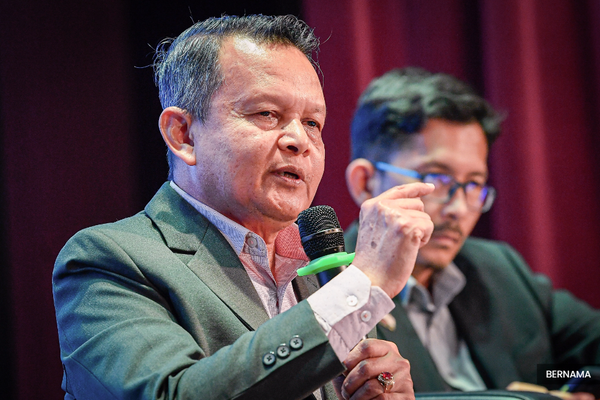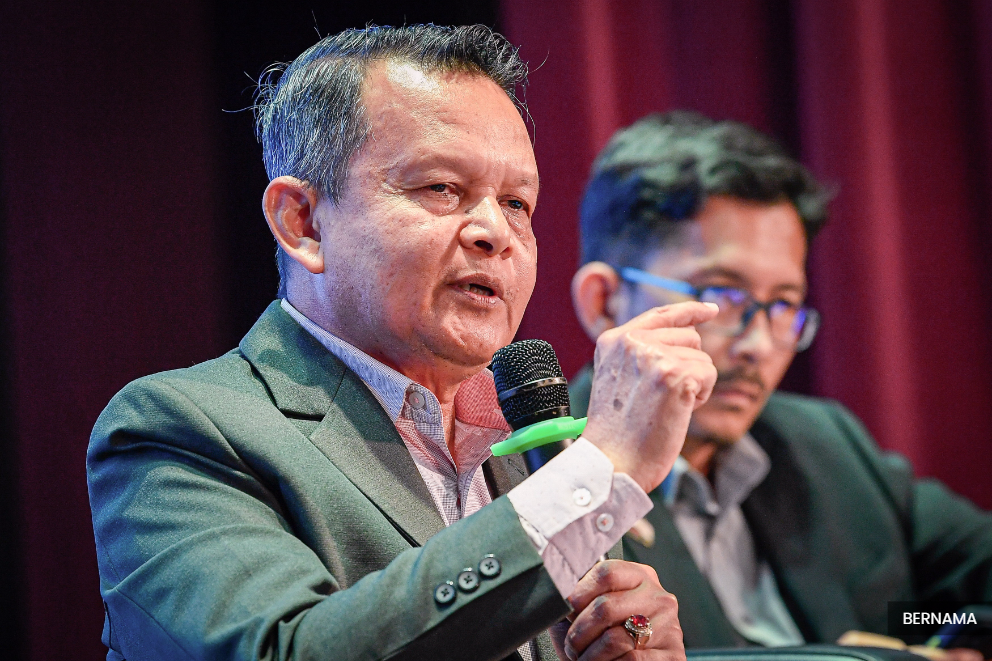SHAH ALAM, Oct 22 — The government should implement education reform by setting up an Education Commission and strengthening Parent-Teacher Associations (PTAs) to address issues more holistically.
The National Union of the Teaching Profession's (NUTP) president Aminuddin Awang said an Education Commission should be established to ensure that education policies are planned and implemented within set timelines, free from the influence of administrative changes or political interests.
It would act as a supervisory body for national education policies, ensuring they do not change ‘with the seasons’, which could negatively impact and disadvantage future generations of students.
“I support the establishment of an Education Commission because every time there is a change in leadership or minister, teachers are left uncertain about which new policies, approaches, or programmes will be introduced, knowing that the previous ones will be discontinued.
“I strongly support the setting up of the commission to ensure that every minister, director-general, or state education director, who is entrusted with the responsibility, acts in the national interest rather than for political or personal gain,” he said.
Aminuddin was speaking at the 'Education Reform and Contemporary Challenges: With Direction or Without?' forum, organised by the Selangor state government at the Raja Tun Uda Library today.
Other panellists for the forum, which was officiated by Menteri Besar Dato' Seri Amirudin Shari, included Universiti Pendidikan Sultan Idris (UPSI) vice-chancellor Datuk Prof Md Amin Md Taff, Senator Jufitri Joha, and Batu Tiga state assemblyman Danial Al-Rashid Haron Aminar Rashid.
He added that educators are well aware that whenever top leadership changes, new appointees often link new policies or initiatives to themselves in an effort to be remembered.
This practice, which has seemingly become a tradition, needs to be reformed due to its impact on education personnel, especially teachers.
Acknowledging that ministers and top officials in the Education Ministry have consistently been open to listening to and considering NUTP’s views, Aminuddin said that concerns troubling educators persist despite leadership changes.
“One unresolved and persistent concern is that policy changes occur every time there is a change in ministry leadership, creating challenges for teachers.
“Therefore, I strongly support the establishment of an Education Commission to ensure that incoming or appointed leadership is held accountable and carries out their duties in line with national education policy, rather than for other interests,” he said.
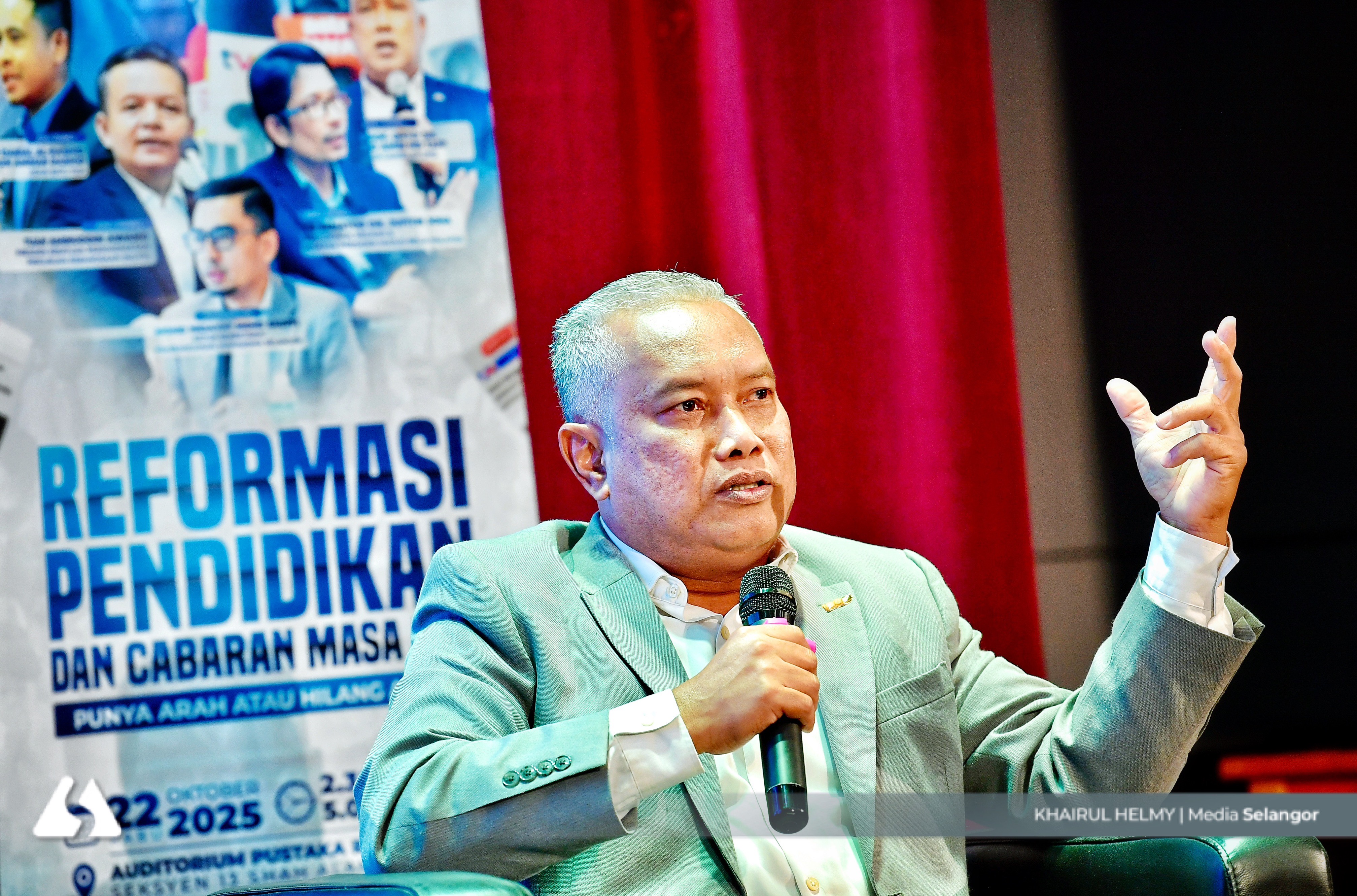
Meanwhile, Amin emphasised that the role of PTAs should be strengthened, as student success and character development depend not only on the school but also on close collaboration between parents and teachers.
Their role can be enhanced by encouraging parents to take meetings seriously, attend regularly, and actively provide input to improve teaching, learning, and school administration.
He noted that this collaborative model, which provides a platform for parents and teachers to work together, has been implemented in countries like the United States (US), where parents are allowed to observe their children’s learning sessions at school.
“In the US, parents are required to attend and assist teachers during learning sessions for seven days each year, a practice that helps families better understand the issues and daily operations of their children’s schools.
“In Malaysia, there appears to be a disconnect between society and schools, with parents merely dropping off and picking up their children while leaving all other responsibilities to the school,” Amin said.
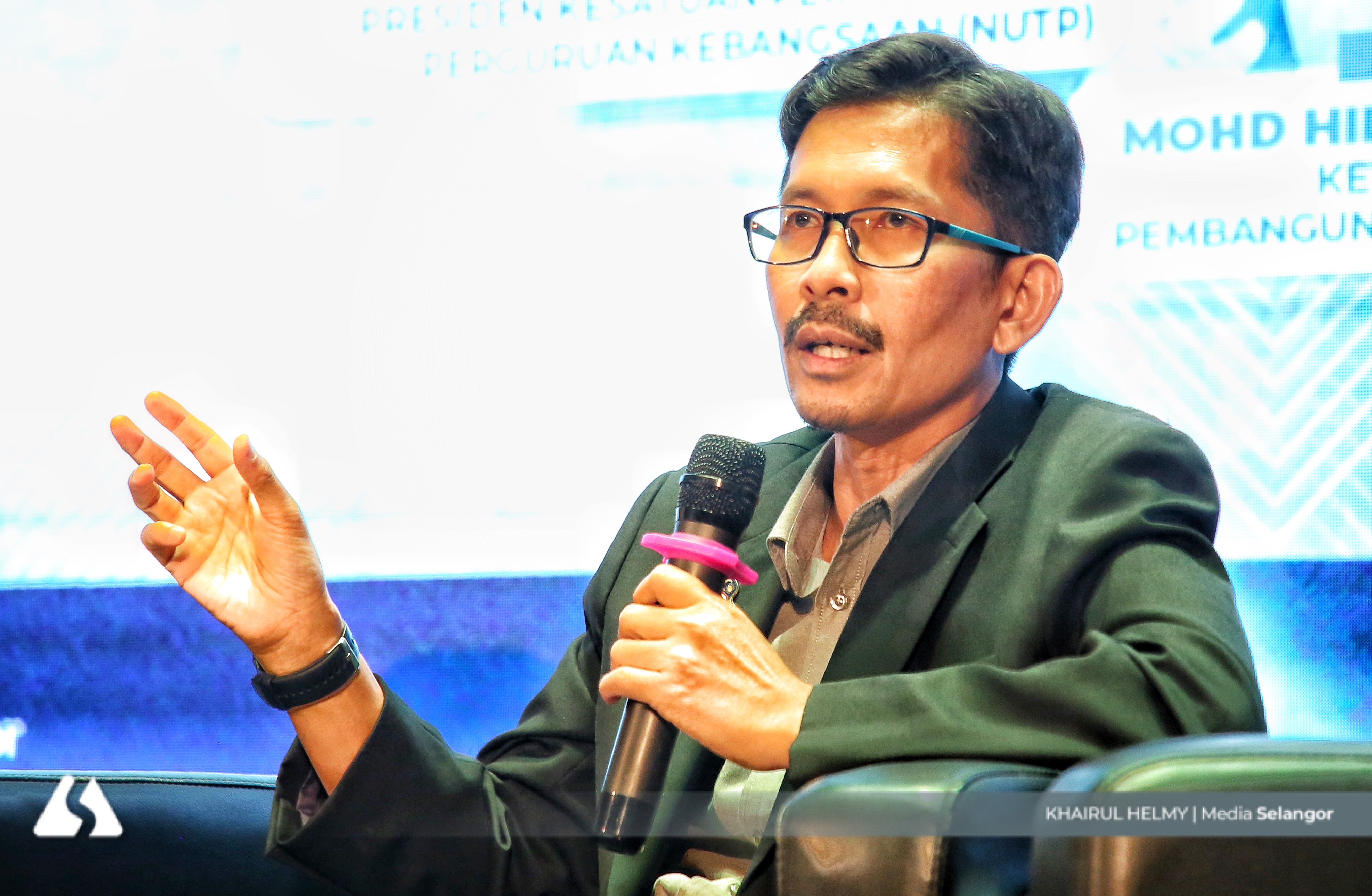
Meanwhile, Jufitri said that strengthening PTAs requires the government to allocate dedicated funding in the national budget to ensure the institution can perform its role more effectively.
The initiative was launched by the state government last year, allocating RM1,000 to each school PTA across the state to carry out their programmes.
The forum marked Selangor as the first state to convene a multi-stakeholder discussion to examine the challenges and future direction of the education system.
